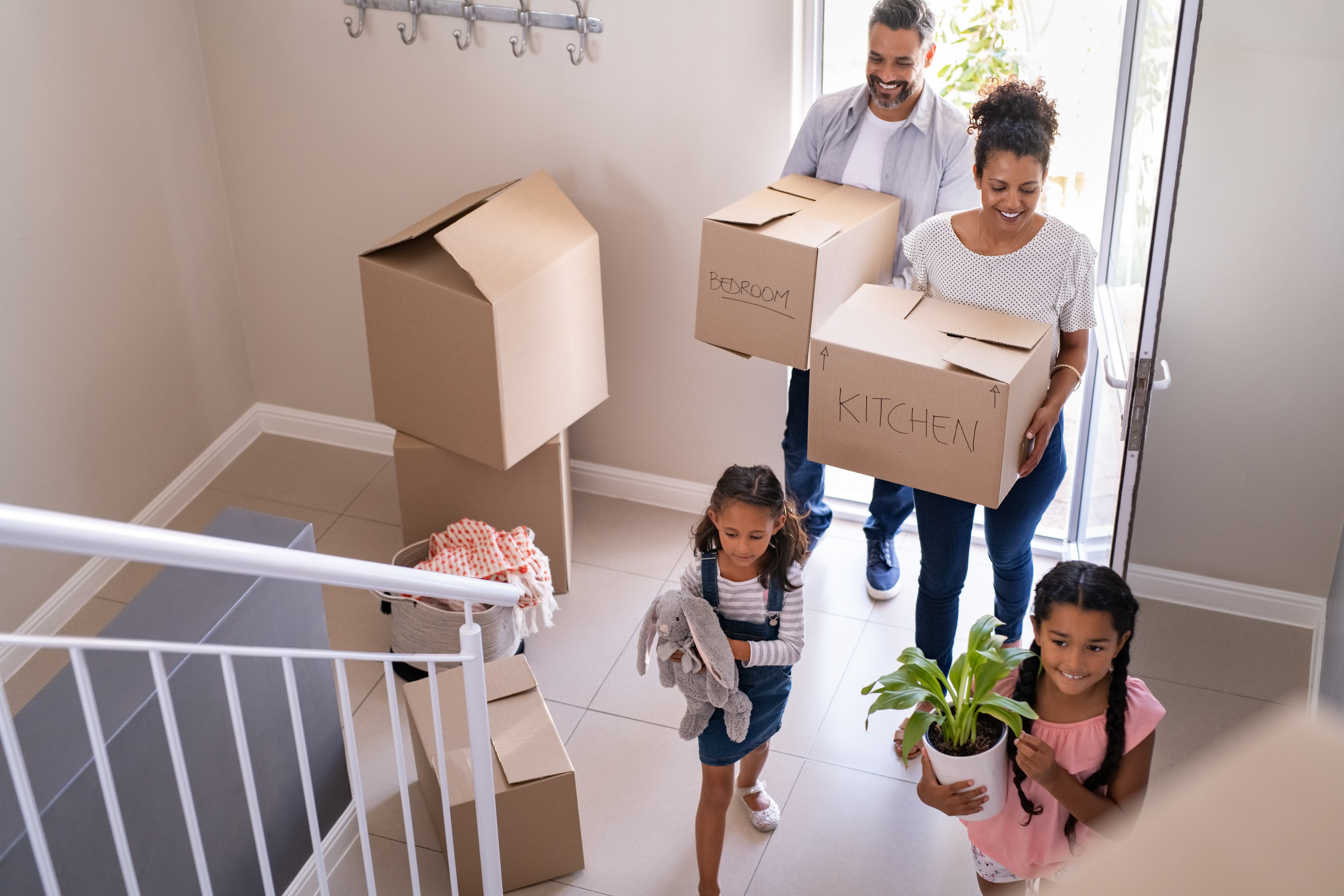
Buying your first home is a major milestone. There’s nothing quite like the rush that comes from knowing you can create your dream home. You’ve also got a new and quite big investment you need to maintain. Weighing freedom against responsibility is a delicate balancing act, and doing it successfully is part of what being a homeowner is all about.
There are a number of upcoming firsts for new homebuyers. Since you’ve just come up with a down payment, you might think your biggest hurdle of financial responsibility is over. However, that’s not the case. Check out these common homeowner situations to help you best prepare for them.
As a renter, if the refrigerator stopped running, you only had to concern yourself with keeping your food cold until the landlord fixed it or bought a new one. Also as a renter, major plumbing problems in your building can be a hassle, but easily survivable. The first time something major, like an appliance, structural element or major system breaks in your home, you can be in for a staggering amount of work and stress.
Events like these will happen sooner or later. The only way to be prepared is to practice self-insurance. Start building a home repair and renovation fund, and build major expenses into your regular monthly budget. When you spread these expenses out over the course of months, rather than trying to pay for them all at once, they’ll be much more manageable. As a guideline, expect to spend 1-4% of the value of your home in repairs and maintenance every year.
When considering a budget in your new location, it’s tempting to just move the money you were spending on rent into a mortgage payment. However, your housing costs aren’t the only thing that’s likely to go up. If you’re moving from a smaller apartment into a larger house, utility costs will increase. If you’re going from a relatively new apartment building into an older house, appliances won’t run as efficiently, and seals around doors and windows won’t fit as snugly.
It’s not just utilities, of course. Transportation costs may also increase if you’ve moved farther away from work or other places you frequent. Having a larger kitchen might encourage you to cook and entertain more, putting pressure on the grocery budget but saving on your restaurant spending. Lawn maintenance and landscaping costs may make an appearance on your budget for the first time. A lot of costs will go up as you transition to a new lifestyle.
Spend your first month in your new locale documenting your expenses. This is the best way to build expectations for what your new living expenses might look like. If, after a month, your expenses are too high, you’ll have a better idea about where you can make cuts.
Property taxes are a once- or twice-a-year expense that can really wreak havoc on your budget. While many mortgage companies maintain an escrow account for these costs and include them in your regular mortgage payment, but this might not be the case, be aware of how this works for you. Start early and do research to determine what your tax bill might look like.
There are dozens of things around the house that most people don’t think twice about. Items like water supply hoses, smoke alarms and toilet bowl seal all decay with time. Many of these things can cause damage to your house if they don’t work properly.

